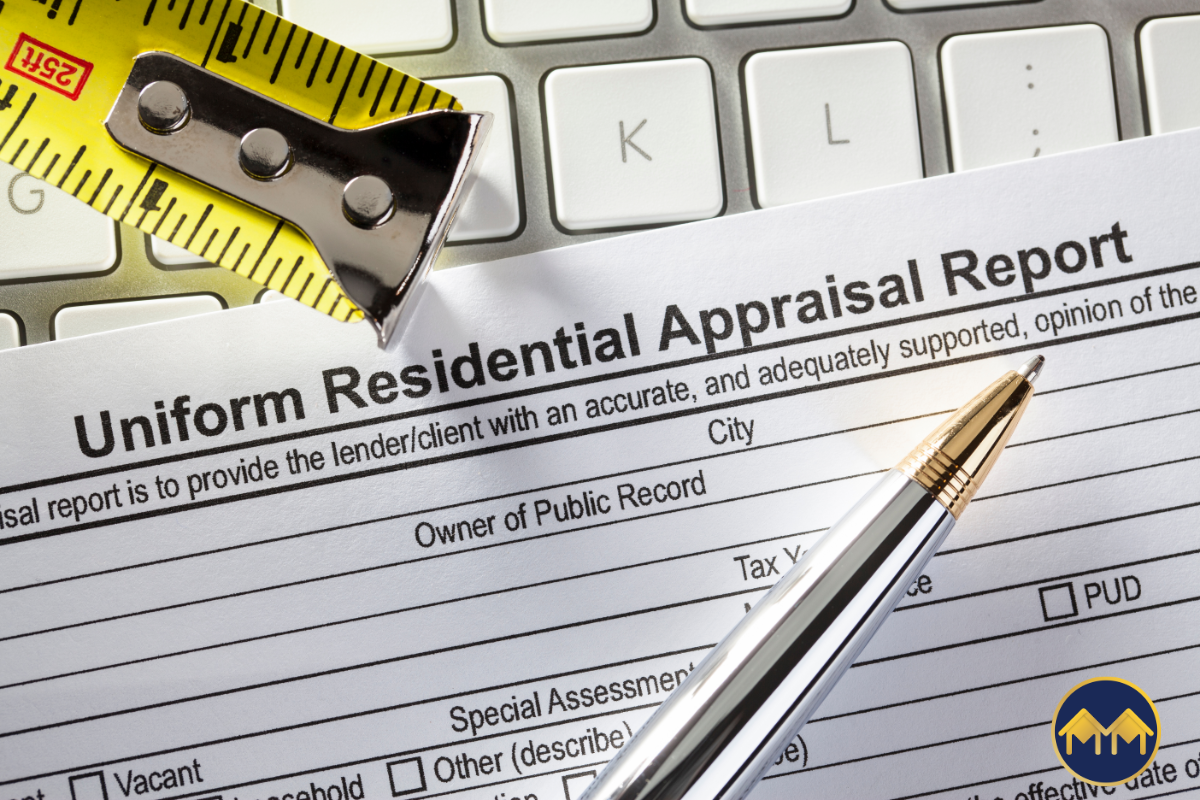Taxes are never easy to slog through, especially if you decide to work as your boss and even grow your
business! So, we would like to help you with our essential tax tips for real estate agents.
Necessary extensions
Let us preface the more detailed essential tax tips for real estate agents to first tackle an important
topic: tax filing deadlines. Now, your first year of doing business will likely be very hectic and challenging. You might find yourself in a position where you won’t make it in time to file all your taxes. So, what exactly should you do in this scenario? The answer to this is easy. Instead of panicking or trying to pretend nothing is happening and just filing your taxes ‘a little’ late, you need to immediately file for the date extension. The paperwork is relatively easy to get through, and you’ll get everything you need to sort out in no time. You won’t face any fees or sanctions because of running over the due date!
Tax exemptions
Education and professional training
That might surprise you, but the education needed to grow your career as a real estate agent can be deducted from your taxes. Now, there are a few caveats. First, the training course or classes cannot be to meet the minimum educational requirements of being licensed. Second, education cannot be something that would qualify you for a different business or trade. And finally, the course or classes must improve or maintain your skills related to your real estate field, i.e. continuing education. You can deduct your registration fees, travel costs, and related materials if you meet these three prerequisites.
Standard auto deductions
There are a lot of tasks, such as presentations, showing, and more, which require a vehicle to correctly complete as a real estate agent. Thankfully, the job qualifies you for the standard auto deductions. Every mile you drive for something business-related can be deducted from taxes. Note that the standard mileage rate needs to be checked every year. Depending on your car model, the actual cost method can yield higher deductions.
Office, supplies, equipment, and home office
When discussing tax reduction, there is much to be said about the cost of office space, equipment, and supplies. We will try to keep it simple, though. If you work from home often, you can claim home office deductions, desk fees, and other expenses such as stationery and other consumables required to run your business. Even computer expenses, or even phone bills, can still be deducted. You can fully deduct the cost if you have a dedicated landline for your business in the office. Similarly, you can only deduct the business percentage from the price using your cell phone. Note that the experts from consumeropinion.org, a database of different providers and services, advise carefully going over such and similar expenses to see which deductions you qualify for.
Concerning meals
Some more good news: if you are traveling on business, dining with clients or other professionals to conduct business, or even generating referral business, you may deduct meals as a business expense! That will help a ton if you are starting and don’t have a lot of funds to play around with.
Gifting policies
There are some complexities, but if you follow the IRS stipulations concerning gifts, you are unlikely to face any problems when trying to deduct costs. You do, however, need to fulfill the following requirements:
● You can only deduct a maximum of twenty-five dollars of the cost of business gifts you give
directly or indirectly to each person during the tax year.
● You have records that prove the gift was for business purposes and details of the amounts
spent.
● You cannot include incidental costs, such as shipping and packaging, if they do not add
‘substantial value to the gift.
● You and your spouse are treated as one taxpayer if you give gifts to the same person.
Commissions
Finally, note that the commissions you pay to employees or even other agents working under you, such as when hiring help to ensure you can host your first open house successfully, are typically fully deductible business expenses.
Professional assistance
Of course, it is terrific if you do not want to deal with all the stress of figuring out and filing your taxes on your own. Even with essential tax tips for real estate agents under your belt, the process can still be overwhelming. Not to mention highly stressful! And, if your business grows, so will the complexity of filing your taxes. While you shouldn’t hesitate to seek help, you must find the perfect company to support you. You do not want to run into a scam or hire an unprofessional assistant! When choosing a tax relief company, comparing and reading reviews and looking for references to make an informed decision is a must! After all, to say that it is the future and safety of your business you are dealing with here is in no way excessive.
Always keep records
The final of our essential tax tips for real estate agents that we have to offer is to always keep records. We’ve already gone over what you can treat as tax exemptions. We did not explicitly mention that, to do that, you need proper documentation of every expense. Accurate bookkeeping is an excellent habit to get into anyway! After all, one of the ways to stand out as a real estate agent is to have a fantastic organization and a reliable filing system. You’d be surprised how useful both are when dealing with clients. Since referencing past sales and purchases can be extremely helpful!
Final comment
That concludes our essential tax tips for real estate agents. We hope you’ve found them helpful and that you’ve learned something that will assist you in your future endeavors!
Related Blog Posts
Join Over 100,000 Students Enjoying Manfred School Now
Become Part of Manfred School to Further Your Career.






